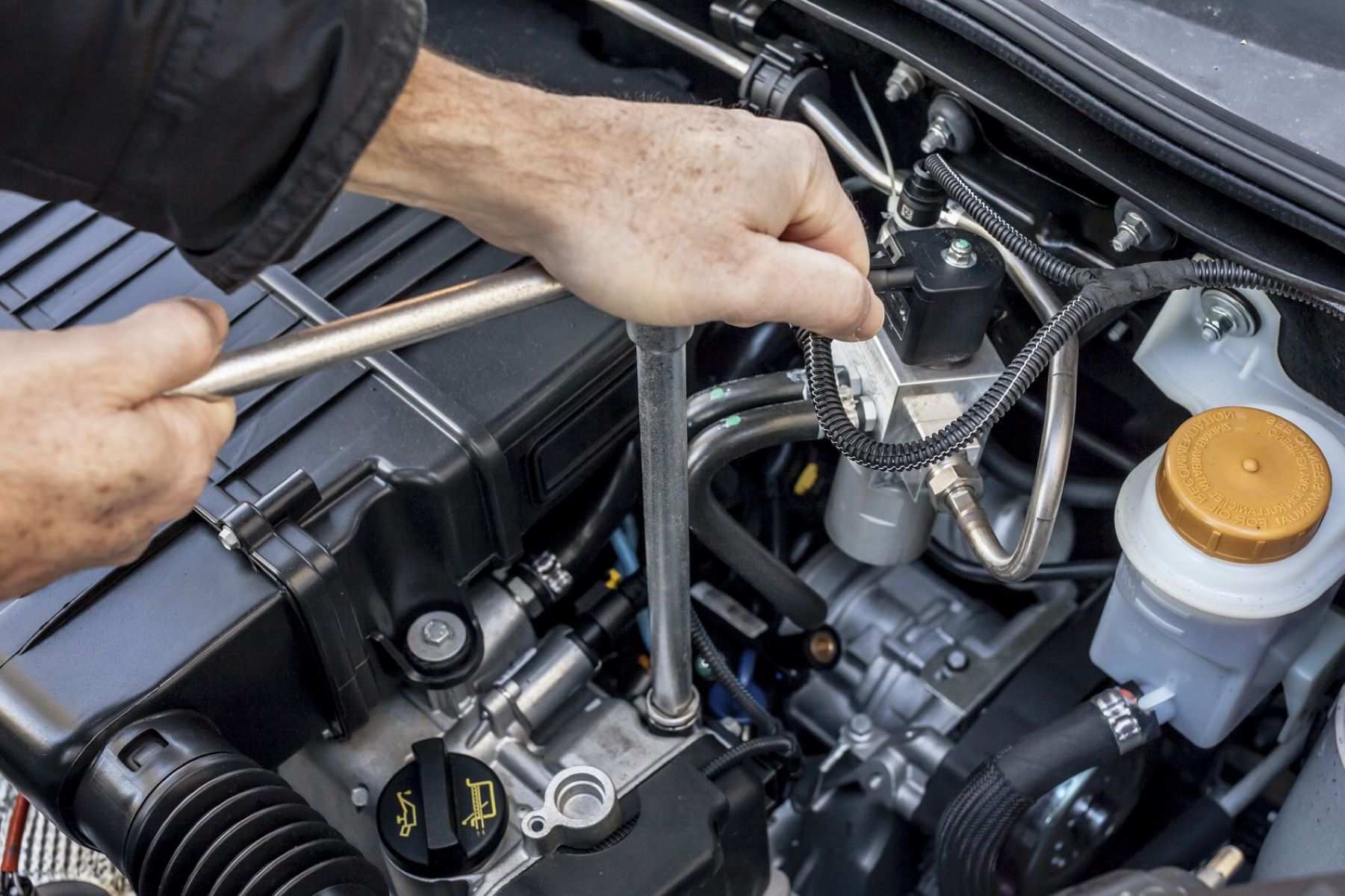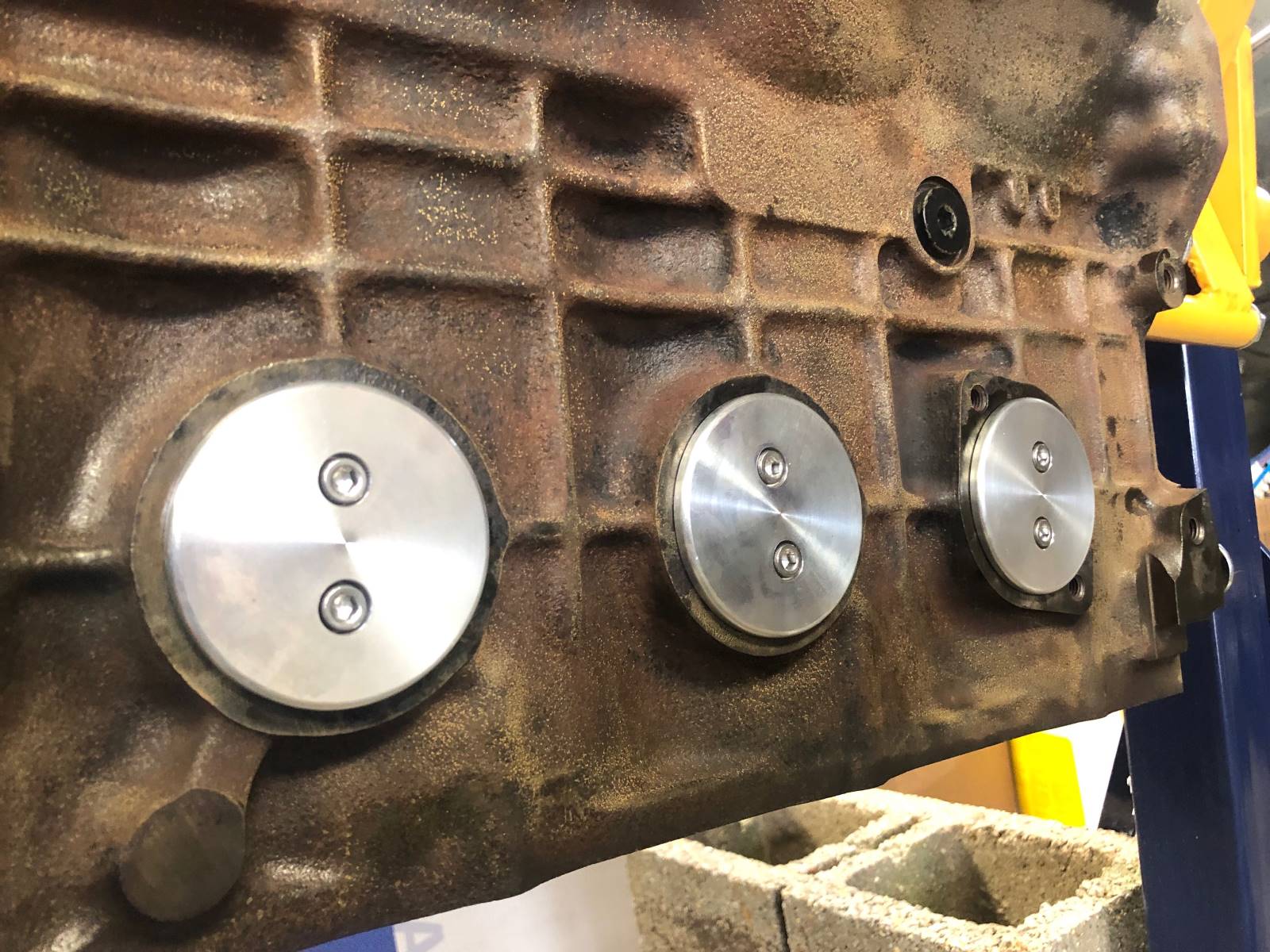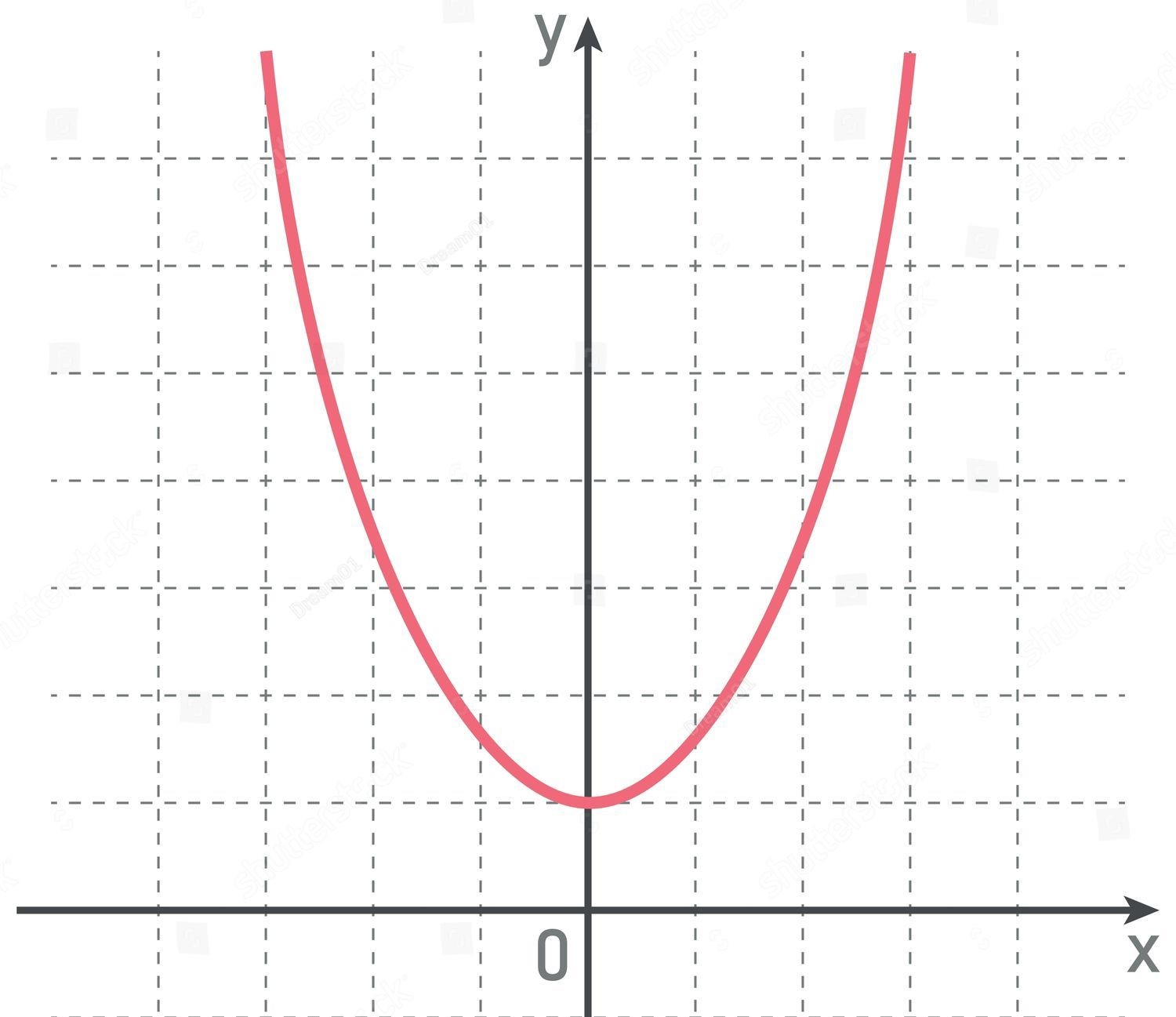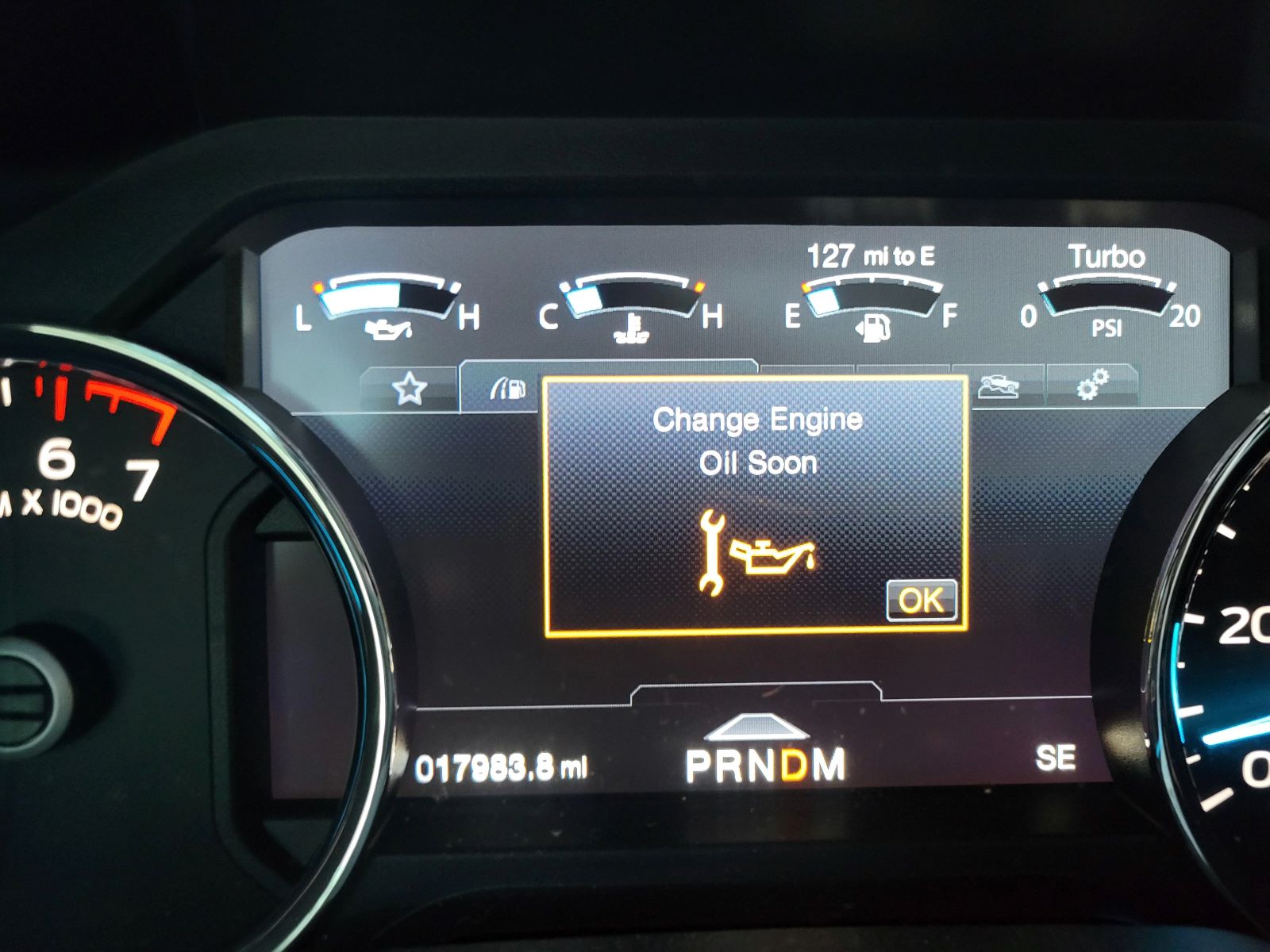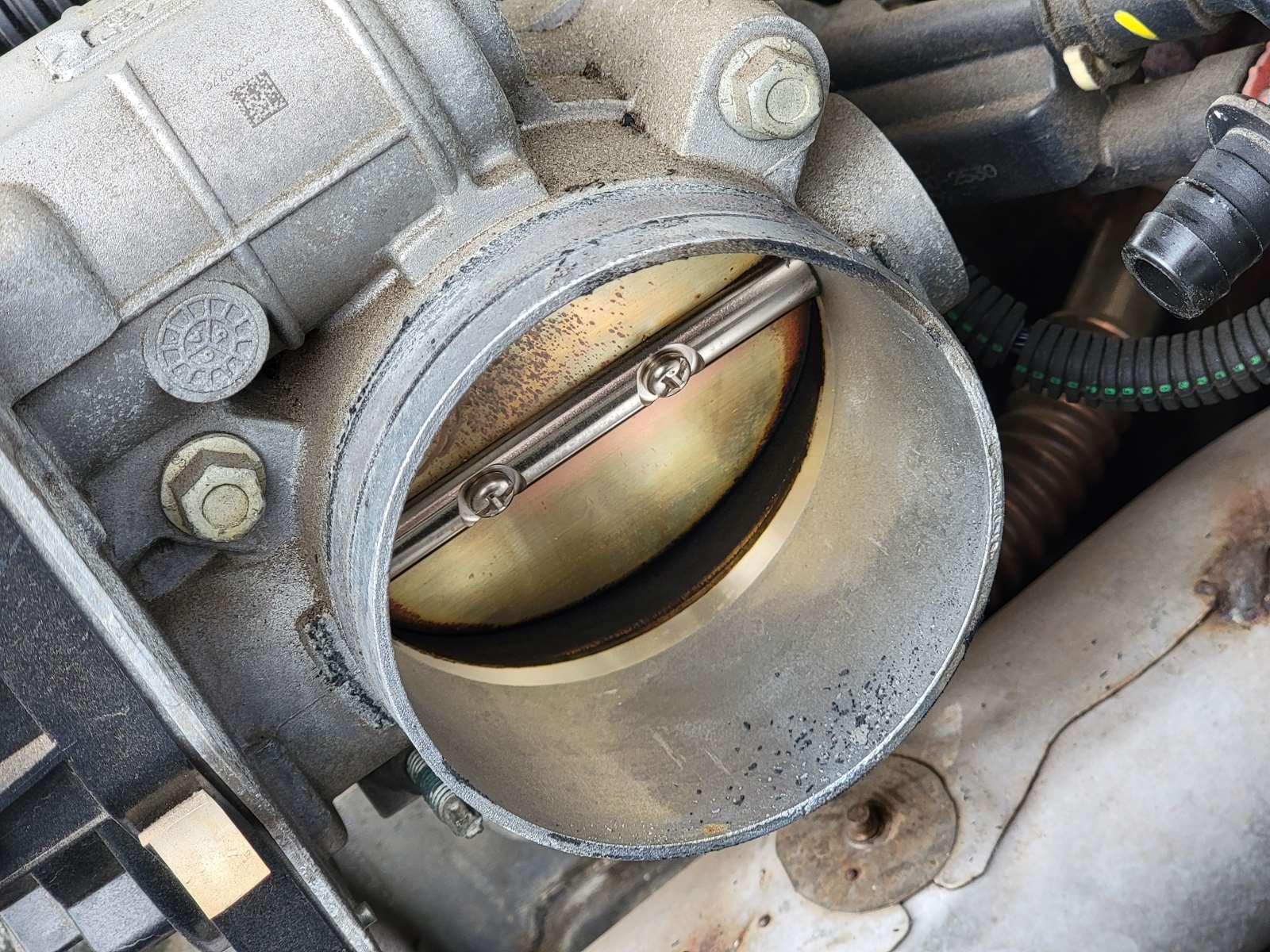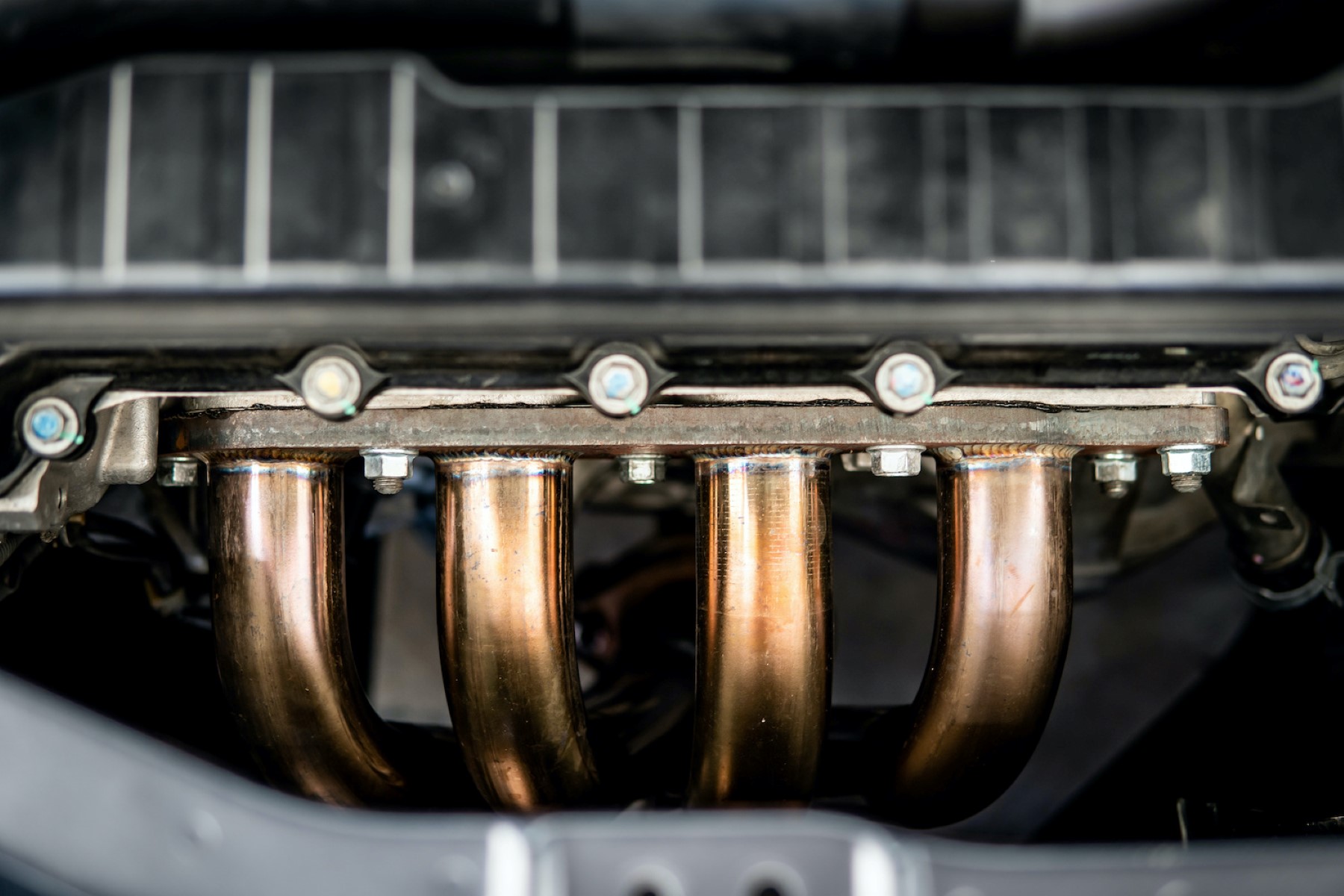Home>Automotive>How To Determine The Engine Type Of Your Car


Automotive
How To Determine The Engine Type Of Your Car
Published: February 29, 2024
Learn how to identify the engine type of your car with our comprehensive guide. Get expert tips and advice on automotive engine identification. Discover everything you need to know about automotive engines.
(Many of the links in this article redirect to a specific reviewed product. Your purchase of these products through affiliate links helps to generate commission for Regretless.com, at no extra cost. Learn more)
Table of Contents
Introduction
When it comes to understanding the intricacies of your vehicle, one of the fundamental aspects to grasp is the type of engine it houses. The engine serves as the heart of your car, propelling it with power and precision. Whether you're a car enthusiast, a new driver, or simply someone looking to expand their automotive knowledge, delving into the world of engine types can be both fascinating and practical.
In this comprehensive guide, we will explore the various engine types found in modern vehicles, providing you with the knowledge and tools to identify the engine type of your car. By the end of this article, you will have a deeper understanding of the inner workings of your vehicle, empowering you to make informed decisions and engage in meaningful conversations about automotive technology.
So, fasten your seatbelt and get ready to embark on a journey through the fascinating realm of automotive engineering. Let's dive into the world of engines and unravel the mysteries that lie beneath the hood of your car.
Understanding the Different Engine Types
Engines are the powerhouse of vehicles, converting fuel into mechanical energy to propel the car. Understanding the different engine types is crucial for any car owner or enthusiast. Here's a breakdown of the main engine types commonly found in vehicles today:
Internal Combustion Engines (ICE)
Internal combustion engines are the most prevalent type found in cars. They operate by burning fuel within the combustion chamber to generate power. There are two primary variations of ICE: gasoline engines and diesel engines. Gasoline engines ignite a mixture of air and fuel using spark plugs, while diesel engines compress the air until it heats up and then inject fuel, causing combustion.
Hybrid Engines
Hybrid engines combine traditional internal combustion with an electric motor. These engines utilize advanced technology to switch between the electric motor and the internal combustion engine, optimizing fuel efficiency and reducing emissions. Hybrid engines come in various forms, including parallel hybrids, series hybrids, and plug-in hybrids, each with its unique method of operation.
Electric Motors
Electric vehicles (EVs) are powered solely by electric motors, eliminating the need for traditional internal combustion engines. These motors are powered by rechargeable batteries, offering a clean and efficient alternative to conventional engines. With advancements in battery technology and charging infrastructure, electric motors are gaining popularity as a sustainable and environmentally friendly option for modern vehicles.
Rotary Engines
Less common but notable, rotary engines operate on a unique design that differs from traditional piston-driven engines. Instead of pistons, rotary engines utilize a triangular rotor to produce power. This design results in a smooth and high-revving engine with a distinct sound and performance characteristics, often found in sports cars and certain Mazda models.
Turbodiesel Engines
Turbodiesel engines are a variation of traditional diesel engines, incorporating turbochargers to enhance power output. By compressing the incoming air and forcing more oxygen into the combustion chamber, turbodiesel engines achieve improved performance and fuel efficiency. These engines are commonly found in heavy-duty trucks and some passenger vehicles, offering robust torque and impressive longevity.
Understanding the different engine types provides valuable insight into the diverse technologies driving modern vehicles. Each type offers unique advantages and considerations, shaping the driving experience and environmental impact of the cars they power. As automotive technology continues to evolve, new engine types and propulsion systems will undoubtedly emerge, further diversifying the options available to consumers.
Identifying the Engine Type of Your Car
Identifying the engine type of your car is a crucial step in understanding its performance, maintenance requirements, and environmental impact. Whether you're purchasing a new vehicle, conducting routine maintenance, or simply satisfying your curiosity, recognizing the engine type empowers you with valuable insights into your car's capabilities. Here's how you can determine the engine type of your car:
1. Consult the Owner's Manual
The owner's manual is a treasure trove of information about your vehicle, including details about the engine type. It provides specific specifications and features unique to your car, making it an invaluable resource for identifying the engine type.
2. Check the Vehicle Identification Number (VIN)
The VIN, typically located on the dashboard near the windshield or on the driver's side door jamb, contains a wealth of information about your car, including the engine type. By decoding the VIN using online resources or consulting a dealership, you can uncover details about the engine configuration.
3. Examine the Badges or Emblems
Many vehicles feature badges or emblems that denote the engine type or model. These can be found on the rear of the car, the engine cover, or the trunk lid. By locating and deciphering these badges, you can gain insights into the specific engine variant powering your vehicle.
4. Utilize Online Databases and Resources
Numerous online databases and resources allow you to input your car's make, model, and year to retrieve detailed information about the engine type. These platforms provide comprehensive specifications, enabling you to accurately identify the engine type of your car.
5. Seek Professional Assistance
If you're unable to determine the engine type through the aforementioned methods, consulting a certified mechanic or contacting the vehicle manufacturer's customer service can provide clarity. These experts possess the knowledge and resources to accurately identify the engine type and address any related inquiries.
By employing these methods, you can confidently ascertain the engine type of your car, unlocking a deeper understanding of its mechanical composition and performance characteristics. Armed with this knowledge, you can make informed decisions regarding maintenance, upgrades, and modifications tailored to your specific engine type.
Understanding the engine type of your car is not only beneficial for your personal knowledge but also plays a pivotal role in ensuring optimal performance and longevity for your vehicle. With this information at your disposal, you can navigate the automotive landscape with confidence and expertise, appreciating the intricacies of your car's engineering prowess.
Read more: How To Remove Tar From Your Car
Common Engine Types and Their Characteristics
Gasoline Engines
Gasoline engines, also known as petrol engines, are the most prevalent type of internal combustion engines in passenger vehicles. They rely on spark ignition to combust a mixture of air and fuel within the combustion chamber. These engines are renowned for their smooth and responsive performance, making them a popular choice for a wide range of vehicles, from compact sedans to high-performance sports cars. Gasoline engines are characterized by their refined power delivery, relatively quiet operation, and flexibility in achieving varying power outputs. They are often favored for their compatibility with turbocharging and their ability to deliver impressive fuel efficiency when engineered with advanced technologies such as direct fuel injection and variable valve timing.
Diesel Engines
Diesel engines are renowned for their robust torque delivery and exceptional fuel efficiency. Unlike gasoline engines, diesel engines rely on compression ignition, where the air within the combustion chamber is compressed to a high temperature, causing the injected fuel to ignite spontaneously. This combustion method results in higher thermal efficiency and lower fuel consumption compared to gasoline engines. Diesel engines are commonly found in heavy-duty trucks, commercial vehicles, and some passenger cars, offering superior towing capabilities and long-term durability. While historically associated with louder operation and higher emissions, modern diesel engines have undergone significant advancements in noise reduction and emission control, making them a compelling choice for certain applications.
Hybrid Engines
Hybrid engines combine the benefits of internal combustion engines with electric motors, offering enhanced fuel efficiency and reduced environmental impact. These engines utilize advanced powertrain configurations to seamlessly switch between the internal combustion engine and the electric motor, optimizing performance based on driving conditions. Hybrid engines are characterized by their regenerative braking systems, which capture and store energy during deceleration, as well as their ability to operate in electric-only mode at low speeds. This technology contributes to reduced fuel consumption and lower emissions, making hybrid engines an attractive option for eco-conscious drivers seeking a balance between efficiency and conventional power.
Electric Motors
Electric motors, the hallmark of electric vehicles (EVs), offer a paradigm shift in automotive propulsion. These motors rely on rechargeable batteries to power the vehicle, eliminating the need for traditional internal combustion engines and producing zero tailpipe emissions. Electric motors are characterized by their instantaneous torque delivery, silent operation, and minimal maintenance requirements. With advancements in battery technology and charging infrastructure, electric motors are gaining traction as a sustainable and efficient alternative to conventional engines, contributing to the ongoing transition toward electrified transportation.
Rotary Engines
Rotary engines, also known as Wankel engines, feature a unique design that utilizes a triangular rotor to generate power. These engines are renowned for their high-revving nature, smooth operation, and compact size, making them suitable for certain sports cars and niche applications. Rotary engines are characterized by their distinct sound and performance characteristics, offering a different driving experience compared to traditional piston-driven engines. While less common in modern vehicles, rotary engines hold a special place in automotive history and continue to captivate enthusiasts with their unconventional design and engineering prowess.
Turbodiesel Engines
Turbodiesel engines combine the efficiency of diesel engines with the added power and responsiveness of turbocharging. By compressing the incoming air and forcing more oxygen into the combustion chamber, turbodiesel engines achieve improved performance and torque output. These engines are renowned for their robust towing capabilities, long-term reliability, and impressive fuel efficiency. Turbodiesel engines are commonly found in heavy-duty trucks, SUVs, and certain passenger vehicles, offering a compelling blend of power and economy for demanding applications.
Understanding the characteristics of these common engine types provides valuable insights into the diverse technologies driving modern vehicles. Each type offers unique advantages and considerations, shaping the driving experience and environmental impact of the cars they power. As automotive technology continues to evolve, new engine types and propulsion systems will undoubtedly emerge, further diversifying the options available to consumers.
Conclusion
In conclusion, understanding the engine type of your car is a fundamental aspect of automotive literacy that empowers you to make informed decisions, appreciate the nuances of vehicle performance, and contribute to the ongoing dialogue surrounding sustainable transportation. By delving into the diverse world of engine types, from traditional internal combustion engines to advanced electric propulsion systems, you gain a deeper appreciation for the engineering marvels that drive modern vehicles.
As we navigate the ever-evolving landscape of automotive technology, the significance of embracing diverse engine types becomes increasingly apparent. Gasoline engines continue to refine their efficiency and power delivery, offering a familiar yet continually evolving driving experience. Diesel engines, once synonymous with heavy-duty applications, have undergone remarkable advancements in emissions control and refinement, positioning them as viable options for specific driving needs.
The emergence of hybrid engines and electric motors signifies a pivotal shift toward sustainable mobility, with a focus on reducing environmental impact and optimizing energy utilization. The seamless integration of internal combustion engines with electric propulsion showcases the industry's commitment to innovation and efficiency, offering drivers a compelling blend of performance and eco-conscious driving.
Furthermore, the unique characteristics of rotary engines and turbodiesel engines highlight the diversity and ingenuity within the automotive landscape. These specialized powerplants cater to enthusiasts and specific applications, enriching the automotive tapestry with their distinct performance attributes and engineering intricacies.
As we look toward the future, the continued development of engine types and propulsion systems will shape the next chapter of automotive evolution. From advancements in battery technology to the exploration of alternative fuels and power sources, the quest for sustainable and efficient transportation remains at the forefront of automotive innovation.
In essence, the journey to determine the engine type of your car transcends mere technical knowledge; it embodies a profound appreciation for the artistry and ingenuity that drive the automotive world forward. By embracing the diversity of engine types and their respective characteristics, you embark on a voyage of discovery, gaining insights that extend beyond the confines of the road and into the realm of technological progress and environmental stewardship.
So, as you embark on your automotive endeavors, armed with a newfound understanding of engine types, may you navigate the roads with confidence, curiosity, and a deep-seated appreciation for the remarkable engineering feats that propel you forward. The engine type of your car is not just a specification; it's a testament to the boundless creativity and innovation that define the automotive industry, shaping the way we move and inspiring the future of transportation.

